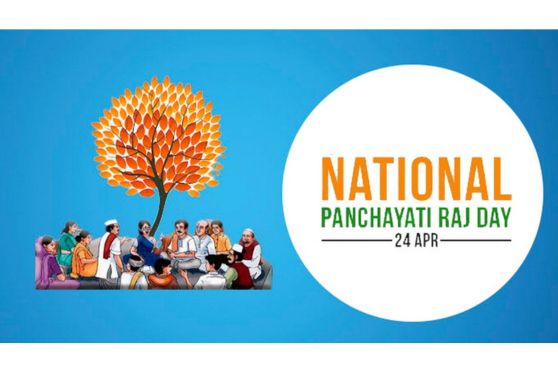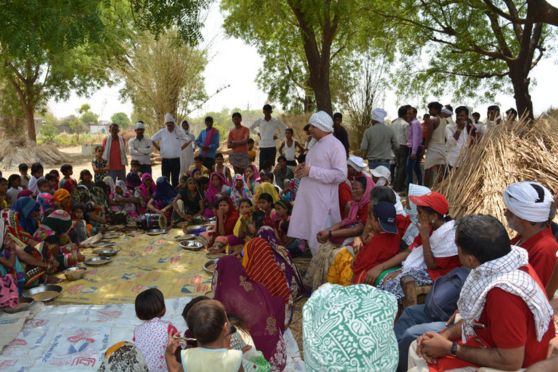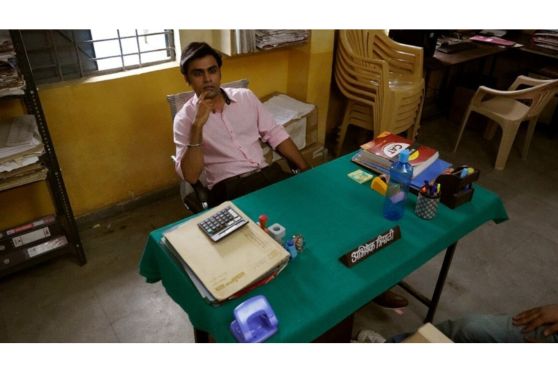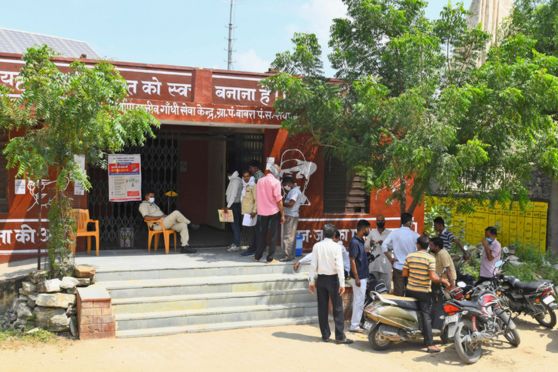National Panchayati Day 2023: Making rural lives matter


National Panchayati Raj Day is observed every year on 24th April to commemorate the historic day when the Panchayati Raj System was first introduced in India in the year 1993. The Panchayati Raj System is a decentralized form of governance in which local elected bodies, known as Panchayats, have administrative and financial powers to govern rural areas.
What is National Panchayati Raj Day?
The National Panchayati Raj Day is an occasion to celebrate the success of the Panchayati Raj System in empowering local communities and promoting participatory democracy. It also serves as a reminder of the need to further strengthen and improve the system so as to ensure that it continues to serve the interests of the people. On this day various events and activities are organised across the country to raise awareness about the importance of local governance and to encourage people to participate in the democratic process.
National Panchayati Raj Day: HistoryThe history of National Panchayati Raj Day dates back to 1993 when the Panchayati Raj System was introduced in India through the 73rd Constitutional Amendment Act. This Act aimed to promote democratic decentralisation by establishing Panchayats as institutions of self-governance at the grassroots level.
The first National Panchayati Raj Day was celebrated on 24 April 2010, to mark the 17th anniversary of implementing the Panchayati Raj System in India. The then Prime Minister of India, Dr Manmohan Singh, launched the day from New Delhi, and it has been celebrated annually since then.
The celebration of National Panchayati Raj Day aims to promote and recognise the contribution of Panchayati Raj institutions in rural development and to encourage their active participation in the process of governance. It also serves as an occasion to highlight the challenges faced by these institutions and explore ways to strengthen them further.
Over the years, National Panchayati Raj Day has become an important platform for dialogue and exchange of ideas among stakeholders, including policymakers, elected representatives, civil society organisations, and development practitioners, on how to enhance the effectiveness of Panchayati Raj institutions in promoting inclusive and sustainable development.

Significance
The National Panchayati Raj Day is significant in many ways:
Overall, the significance of National Panchayati Raj Day lies in its ability to promote participatory democracy, strengthen grassroots governance, and encourage inclusive and sustainable development in rural areas.

Panchayat in the modern world
Devoid of any political conflicts or opposition, much of rural India’s problems are taken care of by the panchayats. The ground reality of rural panchayats has been depicted quite beautifully in some Indian films and series, this has also inspired youngsters to look at the panchayats in a new light. Be it a slice-of-life depiction through web series like ‘Panchayat’ or movies like ‘Swades’, determined and passionate youth who understand the importance of panchayat in rural India and want to bring a change can look forward to becoming a panchayat secretary.
The tasks a Panchayat Secretary is expected to perform include:

How to Become a Panchayat Secretary: Eligibility and Educational Qualifications
Here are some educational and eligibility criteria to become a Panchayat Secretary in India:
It is important to note that the exact requirements and procedures for becoming a Panchayat Secretary may vary from state to state. You can check with the local government authorities in your state for more information on the specific requirements and application process. Happy National Panchayati Raj Day!